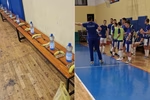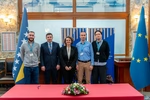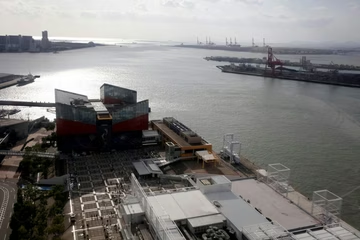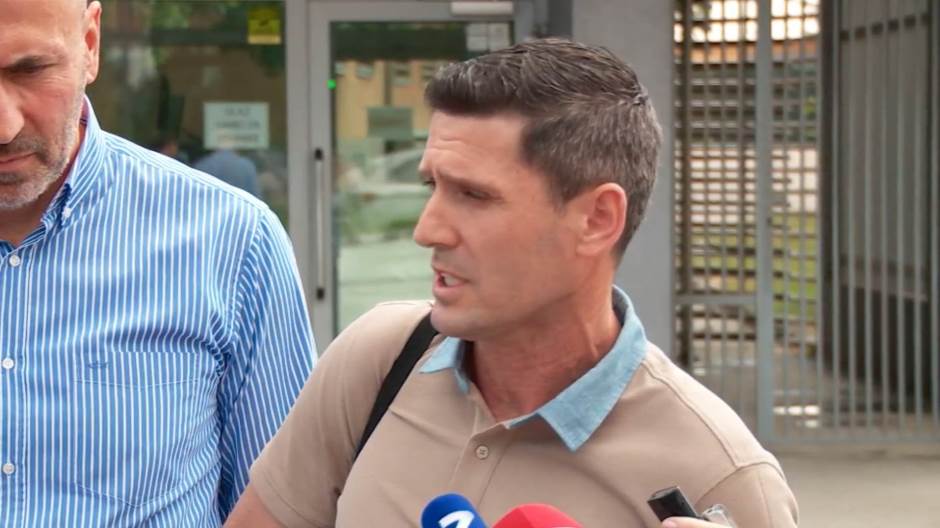
The Prosecution is obviously not interested in hearing the truth because they only asked me about the events prior to my video recording, said Nermin Alesevic, a suspect in the case of alleged corruption of Bosnia's top judicial official, Milan Tegeltija, who recorded himself giving money to a mediator.
“I defended myself with silence and I told them to speak to my attorney,” Alesevic said on Friday, after coming out of the State Prosecution building.
He stressed that the Prosecution never asked him anything about the way in which he made the recording and why he did it, noting that there was no other way for him to prove that he was giving bribe to someone.
“First they asked me about the initial problem and I told them about the problems I encountered from 2011 to 2018 in dealing with the 'judicial mafia'. I have over 10 proceedings in which I received subsequent decisions,” Alesevic told the journalists.
He emphasised that he requested immunity in the case for the second time after his request was rejected on Thursday.
His attorney, IfetFeraget said it is logical that no one would ever report a crime if they would be held accountable.
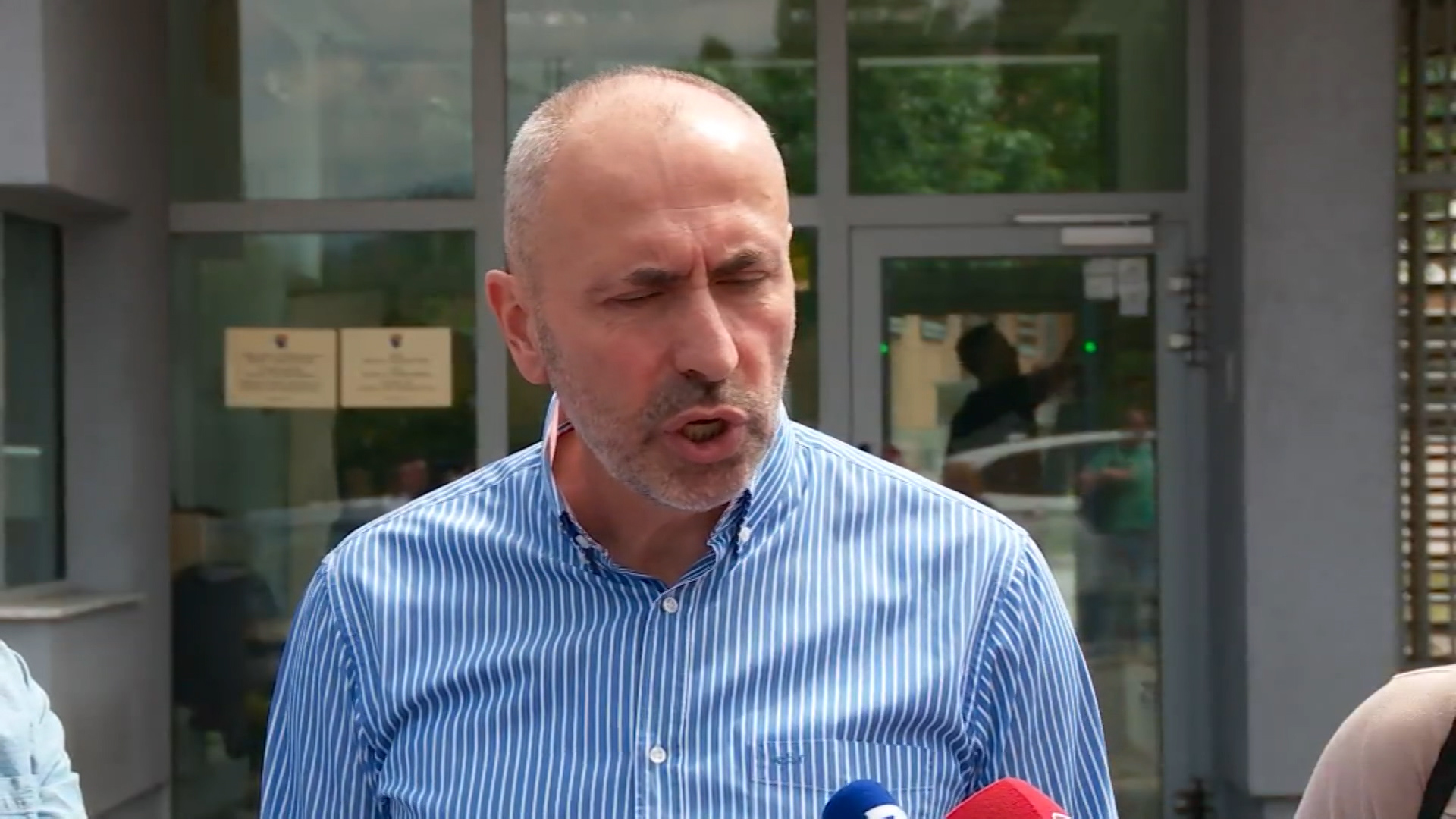
"This is one of the issues that arises from this proceeding, and that is what the last year's law change, which the international community strongly insisted on, was about. It is the right to testify and not to be accountable for the content of their statement. The right to a fair trial is the fundamental right of every person. This right includes the right to presumption of innocence, which then includes the right against self-incrimination. It is logical that no one would report a crime if they themselves would be held accountable," Feraget noted, adding that “This is what the immunity is about if there's no other way to prove the corruption.”
InAlesevic's case, he said, the Chief Prosecutor rejected the actin prosecutors request for Alesevic to give a statement under immunity.
Feraget also noted that one could conclude that this case shows that the fight against corruption is not in the state's interest.
Last month, Bosnian investigative news portal Zurnal published a text, saying they have a video allegedly showing Nermin Alesevic, a businessman from Bosnia's northern town of Velika Kladusa, giving some €1,000 to an officer called Marko Pandza, from the State Investigation and Protection Agency (SIPA) – Bosnia's special police.
Zurnal wrote that Pandza was allegedly supposed to give the money to Milan Tegeltija, the head of the High Judicial and Prosecutorial Council (HJPC) which appoints judges and prosecutors and disciplines them, who would then look into Alesevic's case.
Tegeltija denied the allegations as false and malicious, announcing a lawsuit against the portal and everyone else who wrote and spoke about him in this respect, for slander. He then requested protection from the Bosnia's Directorate for Coordination of Police Bodies after Bosnia's Security Minister Dragan Mektic called for protests in front of the HJPC building in Sarajevo.
The request was denied, but the Prosecution later announced he would be treated as a witness in the case, and not as a suspect as was originally expected by the public.
Kakvo je tvoje mišljenje o ovome?
Učestvuj u diskusiji ili pročitaj komentare





 Srbija
Srbija
 Hrvatska
Hrvatska
 Slovenija
Slovenija



























